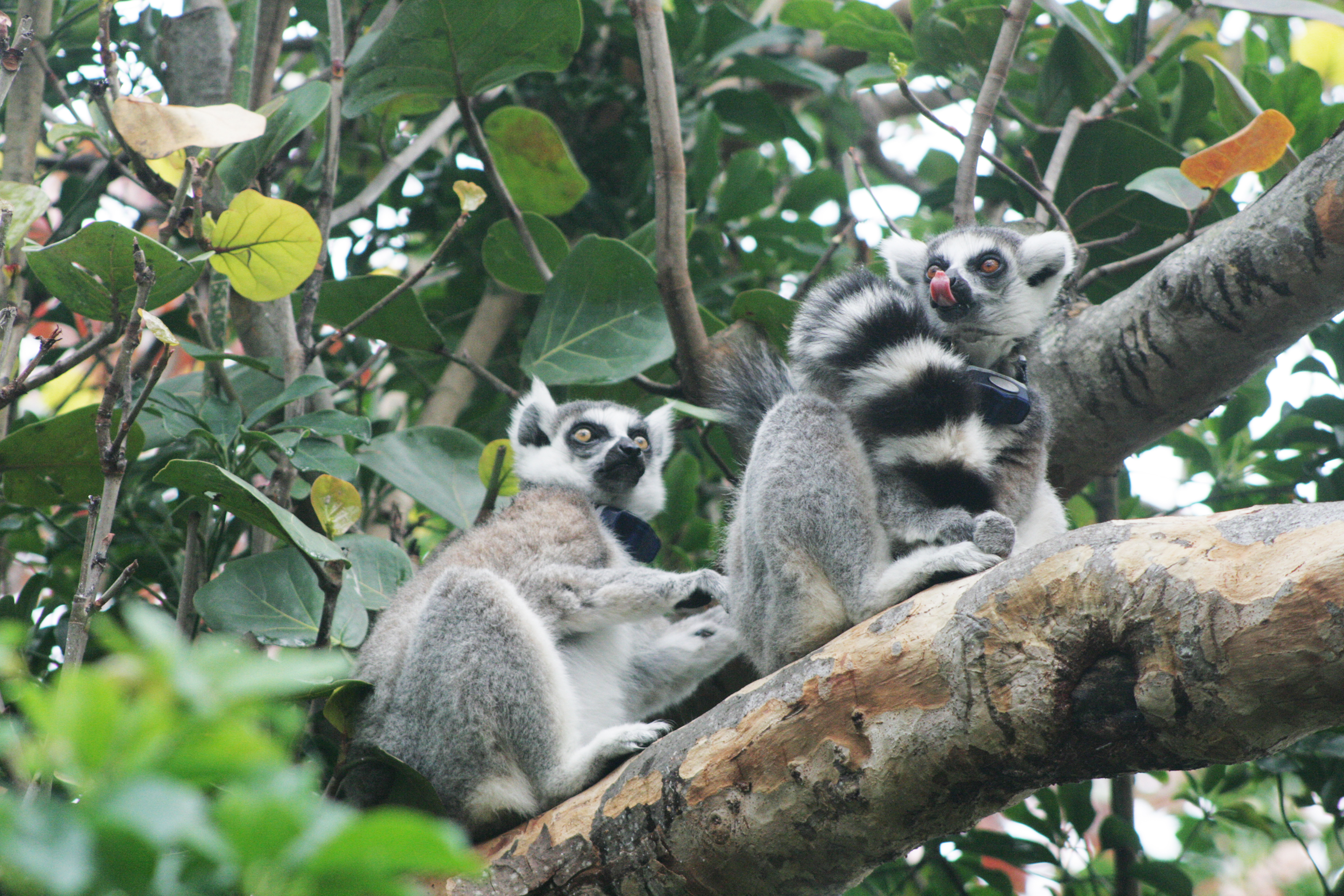Recent News
Collecting Samples for BAMZThursday, June 06, 2013
The crew and research team on-board the 72ft Sea Dragon expedition ship are currently undertaking two expeditions from the Island to find out more about the Sargasso Sea.
Our turtles thrill veterinary students from North Carolina
Thursday, April 04, 2013
Bermuda has won high praise from a veterinary science professor who found the Island a perfect laboratory for studying semi-tropical ecology.
Teaching everyone to love toads
Monday, March 11, 2013
Former biology professor Jamie Bacon quickly discovered that not everyone shared her love of toads.
BAMZ roof work may mean releasing some animals into the wild
Friday, March 01, 2013
Some of the Aquarium’s residents will be released into the wild later this year to make way for refurbishments.
BAMZ to get new roof
Thursday, February 28, 2013
Bermuda’s Aquarium is to get a new roof, Environment and Planning Minister Richards announced.
About
GovernanceAbout Us
Newsletter
Latest News
Gift & Bookstore
Contact
General Inquiries
info@bzs.bm
Latest News
All the latest updates and news from the Bermuda Aquarium, Museum, and Zoo, one of Bermuda's leading visitor attractions!

The residents of the Bermuda Aquarium Museum and Zoo have not received Covid-19 vaccinations, but that could change as research continues.
Ian Walker, principle curator at BAMZ, confirmed that while some larger zoos in the United States have been working with a vaccine manufacturer to test a potential vaccine on a variety of species, no such vaccinations have been performed at BAMZ.
Dr Walker said: “It is my understanding that the United States Department of Agriculture has approved this vaccine for experimental use on a case-by-case basis in the United States only.”
He added that the number of species known to contract Covid-19 – and show symptoms of the virus – is still growing.
Dr Walker said: “The number of species of animals that are known to become infected, including showing symptoms, with this virus are growing.
“This is why we have taken the strict precautions we have at BAMZ from the start of the pandemic. These precautions help to protect our staff, animals and our visitors.
“We will continue to follow the science, work with our partners and will vaccinate the appropriate animal populations when a vaccine has been approved and we can gain access to it.”
The US-based Centres for Disease Control said that “companion animals” such as cats and dogs, along with several other species, have been able to contract the virus.
The CDC said: “There have been reports of animals infected with the virus worldwide. Most of these animals became infected after contact with people with Covid-19.”
Along with a small number of pets, zoo animals including lions, tigers, pumas, cougars, snow leopards and gorillas have tested positive for Covid-19 after showing signs of illness.
Minks at farms in several countries have also been shown to contract the virus, with mink to human spread of Covid-19 reported in the Netherlands, Denmark and Poland.
Recent experimental research has shown that many other mammals, including bank voles, ferrets, fruit bats, hamsters, pigs, rabbits, racoon dogs, tree shrews and white-tailed deer can be infected with the virus.


